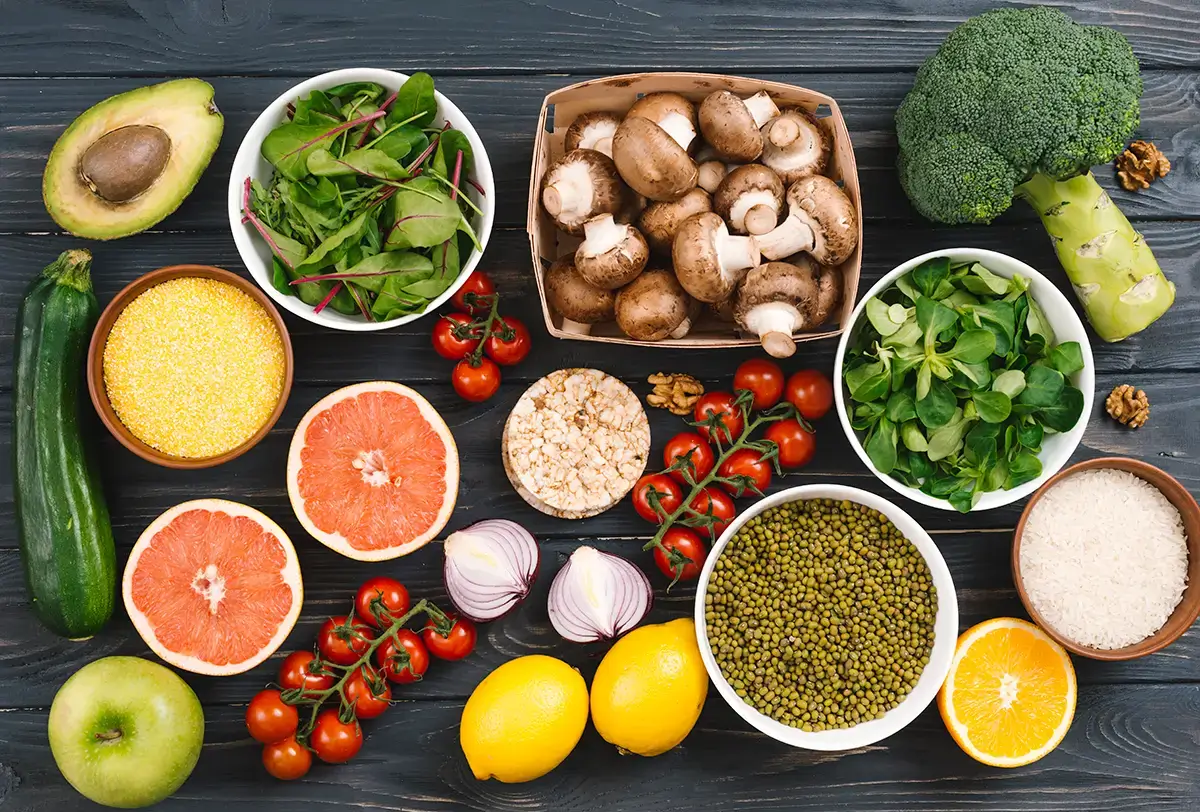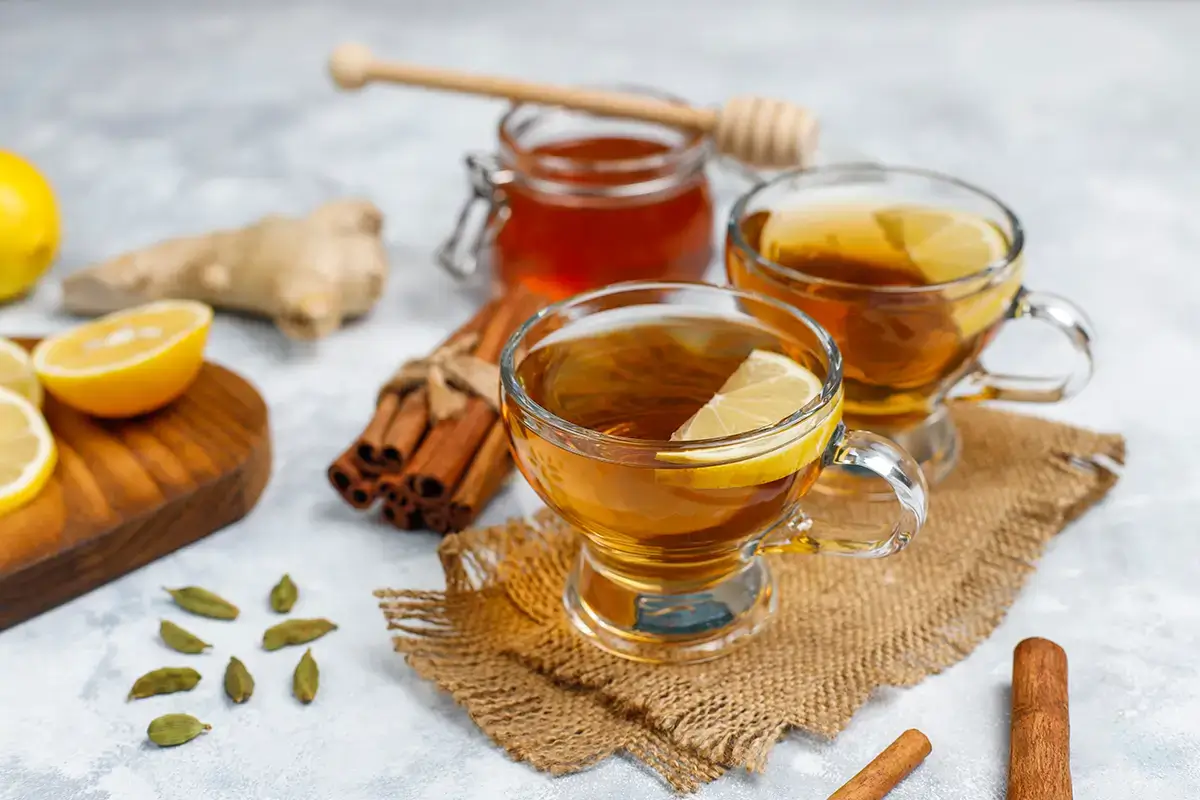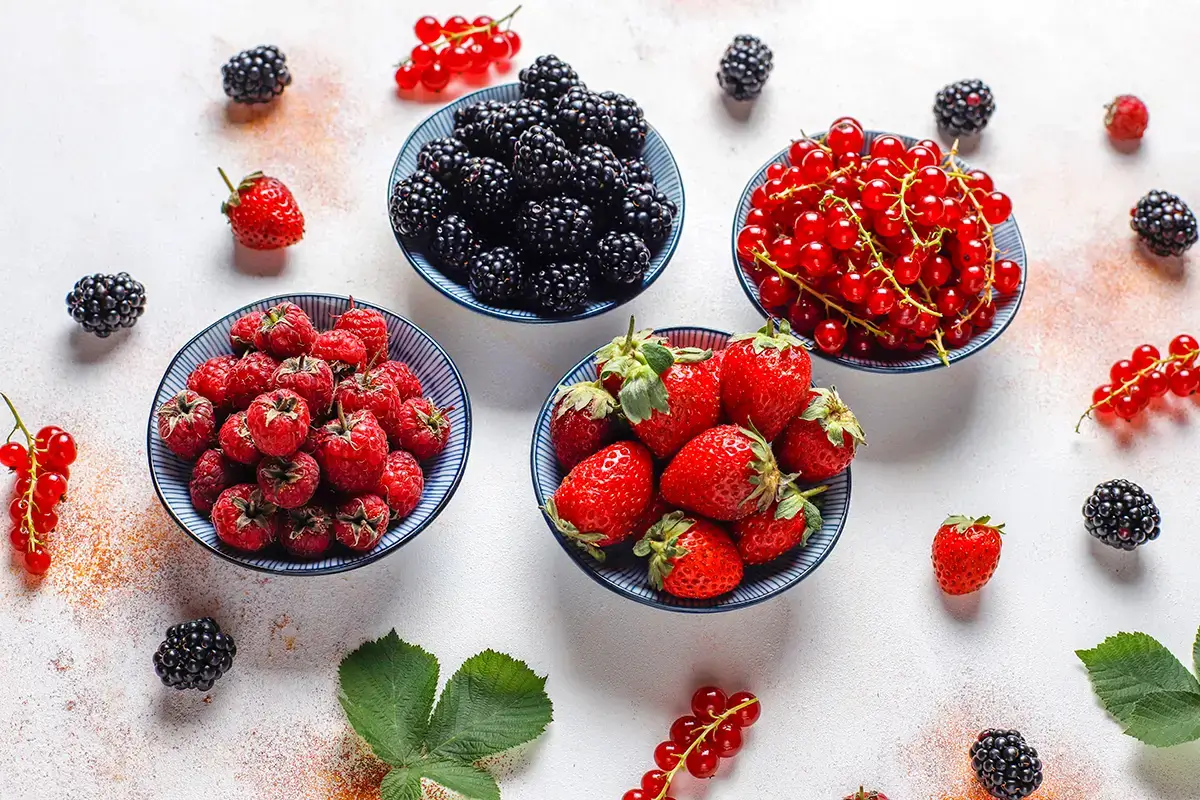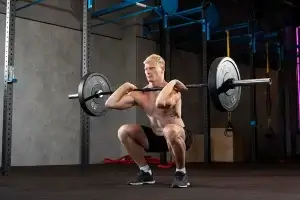Is It Possible to Achieve Hypertrophy with a Vegan Diet?
Muscle hypertrophy, or the increase in muscle mass, is a common goal for many people who engage in weight training and other forms of resistance training. Traditionally, diets rich in animal products are seen as ideal for this purpose due to their high protein content. However, as vegan diets gain popularity, the question frequently arises: is it possible to achieve hypertrophy with a vegan diet? The answer, supported by various research and experts, is yes.
According to the World Health Organization (WHO), well-planned plant-based diets are suitable for all stages of life, including athletes and those engaged in intense physical activities. Data from the Brazilian Society of Sports Medicine (SBMEE) in 2023 also confirm that a vegan diet can provide all the necessary nutrients for muscle gain, provided there is adequate planning.
Proteins are essential for muscle building. To achieve hypertrophy, it is crucial to consume an adequate amount of protein daily. Plant-based protein sources such as lentils, chickpeas, tofu, tempeh, quinoa, and beans are excellent options. Studies indicate that plant protein can be as effective as animal protein in building muscle, as long as it is consumed in sufficient quantities.
Plant proteins do not always contain all the essential amino acids in ideal proportions. However, by combining different plant protein sources, such as rice and beans, it is possible to obtain all the essential amino acids necessary for protein synthesis and muscle gain.
For those who have difficulty consuming enough protein through their diet, plant-based protein supplements such as pea, rice, or hemp protein can be a good option. Creatine, a popular supplement among athletes, can also be included in a vegan diet to enhance performance and promote muscle gain.
Hypertrophy depends not only on protein intake but also on a positive caloric balance. It is essential to consume more calories than are expended to promote muscle gain. Calorie-dense and nutrient-rich foods like avocados, nuts, seeds, and olive oil help meet daily caloric needs.
Carbohydrates are the body’s main energy source and are essential for intense workouts. Foods like sweet potatoes, oats, fruits, and whole grains provide the energy needed to support workouts and aid muscle recovery.
Healthy fats are crucial for overall health and athletic performance. Sources of healthy fats in a vegan diet include avocados, nuts, seeds, and vegetable oils such as olive oil and coconut oil. These fats help maintain balanced hormone levels, which is important for muscle growth.
Certain micronutrients such as vitamin B12, iron, zinc, and omega-3s can be more challenging to obtain on a vegan diet. Supplements or fortified foods can help ensure adequate intake of these nutrients, which are vital for health and physical performance.
Like any other diet, the key to success in hypertrophy with a vegan diet is planning and consistency. Monitoring nutrient intake and adjusting as necessary can help achieve goals effectively. Consulting a nutritionist specialized in vegan diets can also be beneficial to ensure all nutritional needs are met.
Achieving hypertrophy with a vegan diet is not only possible but can also bring numerous health and overall well-being benefits. With proper planning and a conscious approach, it is possible to reach all muscle gain goals without the need for animal products.
Sources Consulted:
- World Health Organization (WHO)
- Brazilian Society of Sports Medicine (SBMEE)
- Academy of Nutrition and Dietetics (2023)














